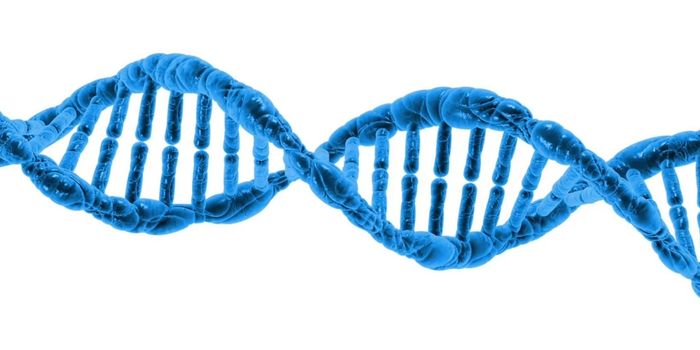A New Type of Cell is Discovered in the Human Brain
The human brain still holds many mysteries, and advances in tools and techniques are always helping us to learn more about the organ that sets us apart from other animals. Reporting in Nature Neuroscience, a team of scientists has revealed a previously unknown type of cell in the human brain, one which has not been observed in research models like mice. This intriguing discovery may help us understand why our brain is unique among animals.
"We really don't understand what makes the human brain special," said Ed Lein, Ph.D., Investigator at the Allen Institute for Brain Science. "Studying the differences at the level of cells and circuits is a good place to start, and now we have new tools to do just that."
The research team was led by Lein and Gábor Tamás, Ph.D., a neuroscientist at the University of Szeged in Szeged, Hungary; it included University of Szeged graduate student Eszter Boldog, who named these cells rosehip neurons. The axon of these cells wraps around the cell center, like a rose that has lost its petals. The cell’s function is still unknown, but it acts as an inhibitory neuron, limiting neuronal activity.
We don’t yet know for sure that other animals don’t have this cell, but it may be on a list of specialized cells that exist only in the brains of humans or primates. It highlights the difficulty of modeling the human brain in other species, noted Tamás. The team is planning to look at postmortem samples of human brains affected by mental disorders; they want to know if these cells are involved in those diseases.
For this work, the investigators were able to use human brain samples from men who died in their fifties. With their valuable donations, the team was able to study the outer layer of the brain - the human cortex, which is thought to be where many human functions originate.
"It's the most complex part of the brain, and generally accepted to be the most complex structure in nature," Lein said. (Check out a lecture by Lein in the following video).
The beauty of this work is that the Tamás studies the electrical properties and physical characteristics of neurons, while the Lein lab uses genetics to analyze the behavior of brain cells. That led the researchers to work together. Their techniques revealed that rosehip neurons connect to pyramidal neurons in the cortex. The rosehip cells express their own set of genes, which is different from other cell types.
"We realized that we were converging on the same cell type from absolutely different points of view," Tamás said.
"Alone, these techniques are all powerful, but they give you an incomplete picture of what the cell might be doing," said co-author Rebecca Hodge, Ph.D., Senior Scientist at the Allen Institute for Brain Science. "Together, they tell you complementary things about a cell that can potentially tell you how it functions in the brain."
The scientists think these neurons may control the flow of signals very carefully because they attach only to one type of neuron and act only as inhibitors. If they were brakes on a car, the vehicle would stop only at a specific place.
"This particular cell type -- or car type -- can stop at places other cell types cannot stop," Tamás explained. "The car or cell types participating in the traffic of a rodent brain cannot stop in these places.
Next, the team wants to look for these neurons in other areas of the brain. They also want to see if the neurons have a role in disease and whether they are indeed only found in humans.
"Our brains are not just enlarged mouse brains," said study co-author Trygve Bakken, M.D., Ph.D., Senior Scientist at the Allen Institute for Brain Science. "People have commented on this for many years, but this study gets at the issue from several angles."
"Many of our organs can be reasonably modeled in an animal model," Tamás added. "But what sets us apart from the rest of the animal kingdom is the capacity and the output of our brain. That makes us human. So it turns out humanity is very difficult to model in an animal system."
Sources: AAAS/Eurekalert! Via Allen Institute, Nature Neuroscience









